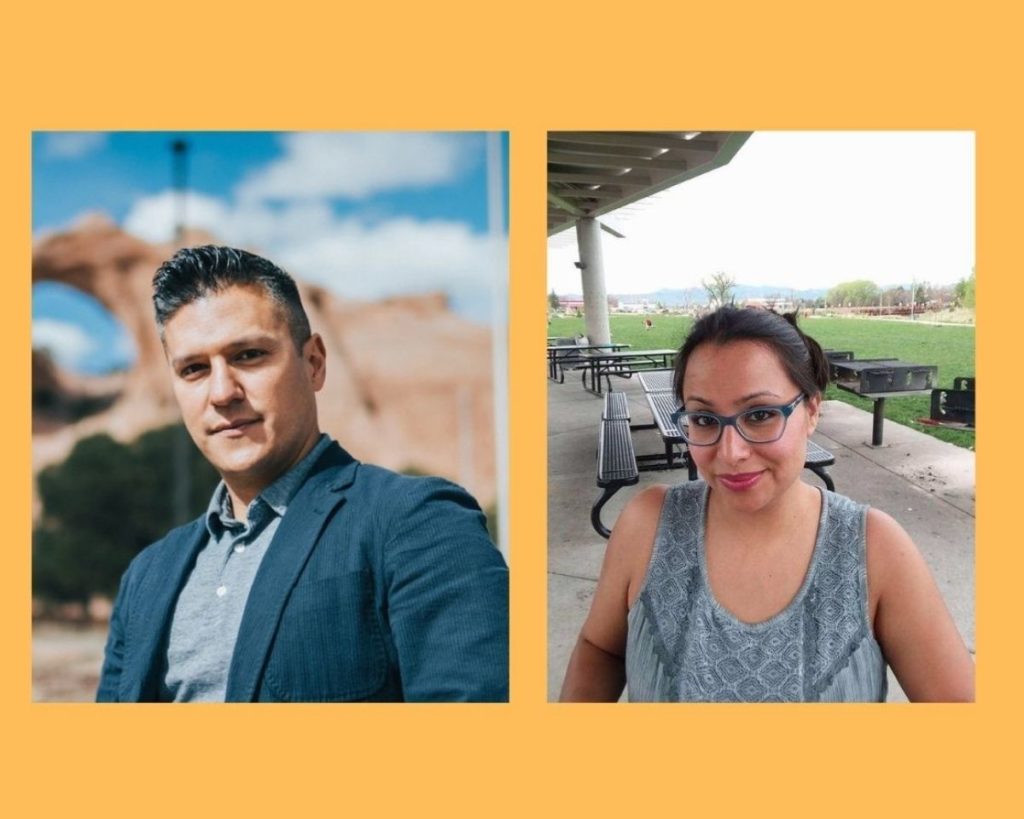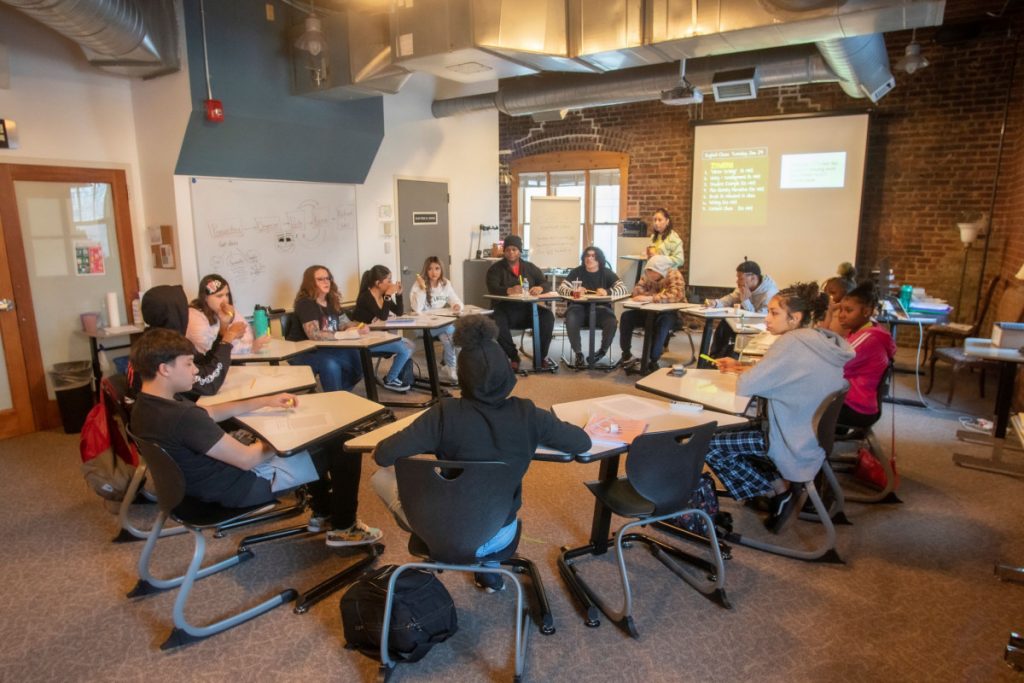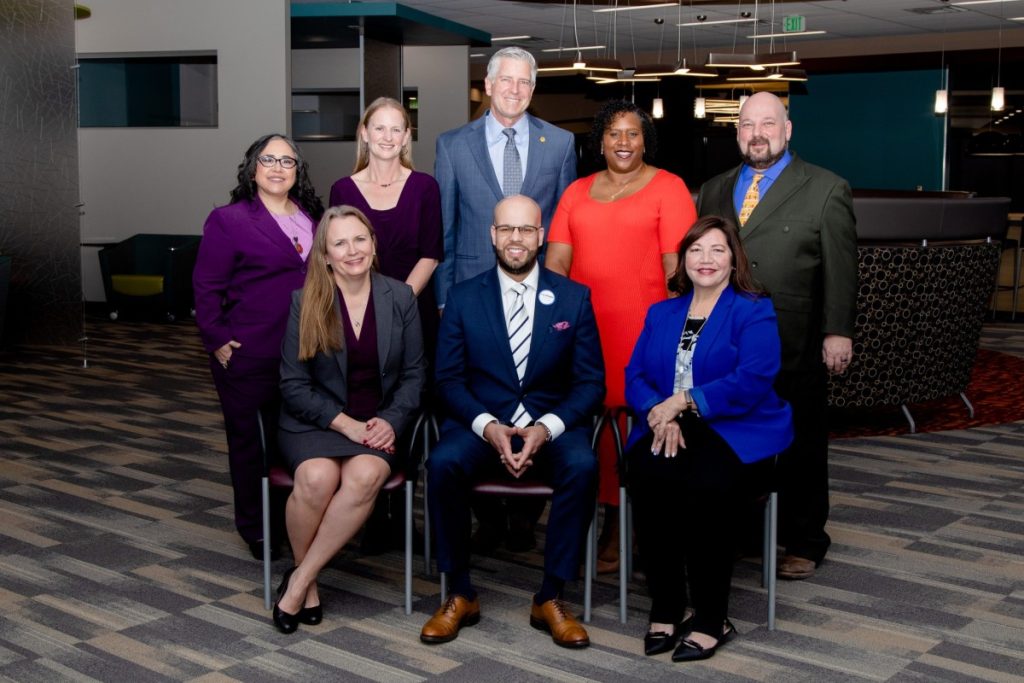To start, let’s give partial credit where credit is due to this board: On the board agenda item around healthy start times last week (May 20), board members acknowledged flaws in the methodology for getting community input, pointing out that a survey didn’t get enough responses from communities of color. This was commendable.
So, if the board recognizes a flaw in the methodology and a lack of deep community engagement, especially with communities of color, on this policy, why don’t we see the same tenacity when it comes to the superintendent search?
Many in our community have been raising concerns about the search process since March, including delays and missteps in posting the job with one of the most prominent Latinx public education organizations in the country, the Association of Latino Administrators and Superintendents (ALAS).
A well-known superintendent of a large urban district was contacted by a Denver community leader to ascertain his interest in applying for the DPS position and he responded that had the search firm contacted him, he may have been interested but now it was too late as he had accepted another job. It’s unclear how much active recruitment took place attempting to attract the best candidates in the country.
Nearby Adams 14, a district of 7,450 students, was able to find a candidate (and eventual hire) who was the bilingual Chief Academic Officer of Clark County Schools, the fifth largest district (324,000 students) in the country. Jefferson County and Douglas County garnered more applications in their recent superintendent searches than did DPS.
One rural Colorado school district recently hired the state superintendent of the year in Pennsylvania. Poudre School District hired the Chief Academic Officer of Charlotte Mecklenburg, with 147,000 students. Douglas County counted a superintendent of more than 80,000 students as one of its finalists.
How did Denver Public Schools not attract candidates with similar levels of executive experience? Whatever the results of the DPS superintendent search, the district must do some serious self-analysis to determine why many educators are passing up the opportunity to lead the district.
Many of us questioned what drove the previous superintendent to leave Denver. She is now hailed as a ‘rock star’ in Dallas. Susana Cordova was recently quoted as saying “the (DPS) board…did not give me the ability to lead as the CEO of the organization.”
Selecting a superintendent is the most critical work of the Board of Education. This decision is the board’s one chance to prove they have the best interests of students in mind in helping write the next chapter for DPS.
The recent resignation of Mark Kennedy as President of the University of Colorado illustrates how disruptive and disorienting it can be to a large system when an elected body fails to garner the confidence and support of the community in selecting a leader. The DPS board has failed to convince us that the current finalists have what it takes to lead the school district at this time.
The board did find an outstanding interim superintendent in Dwight Jones, who should be asked to serve as interim for another year. DPS can expand its search and find a leader the entire community can rally around. Let’s not handicap the incoming superintendent from day one by half heartedly welcoming him or her with a divided community to the most important public position in the city.
Editor’s note: Another perspective on this issue can be found in this Denver Post op-ed




